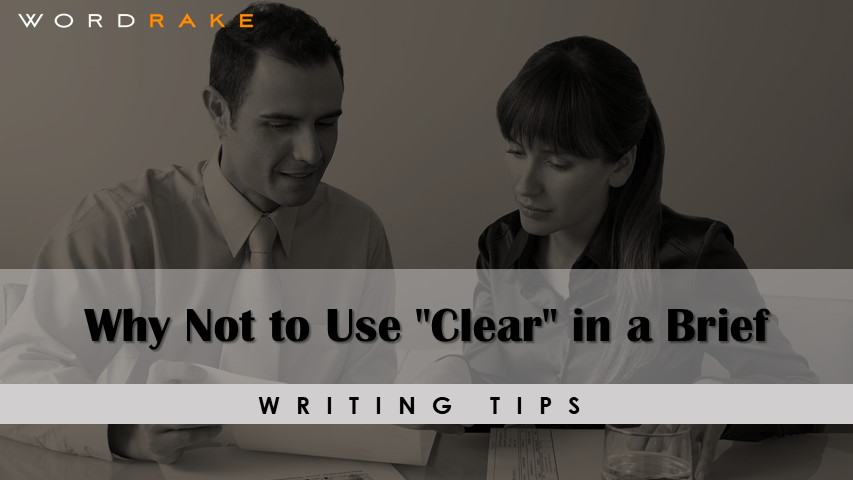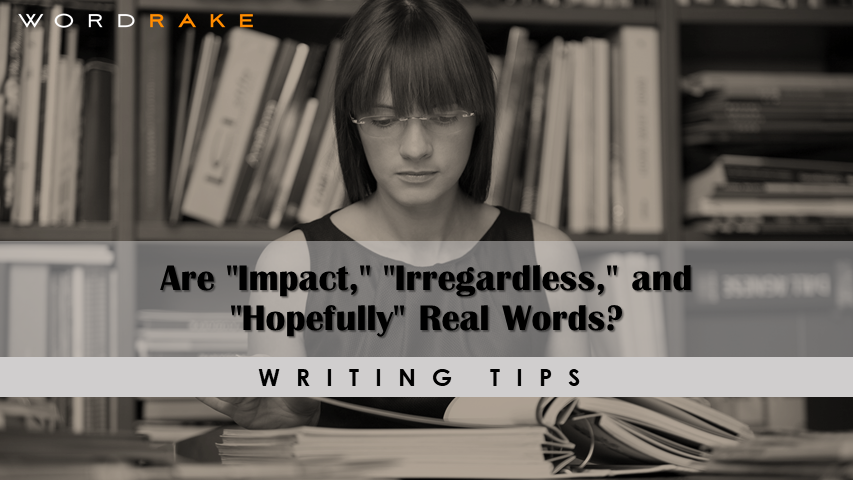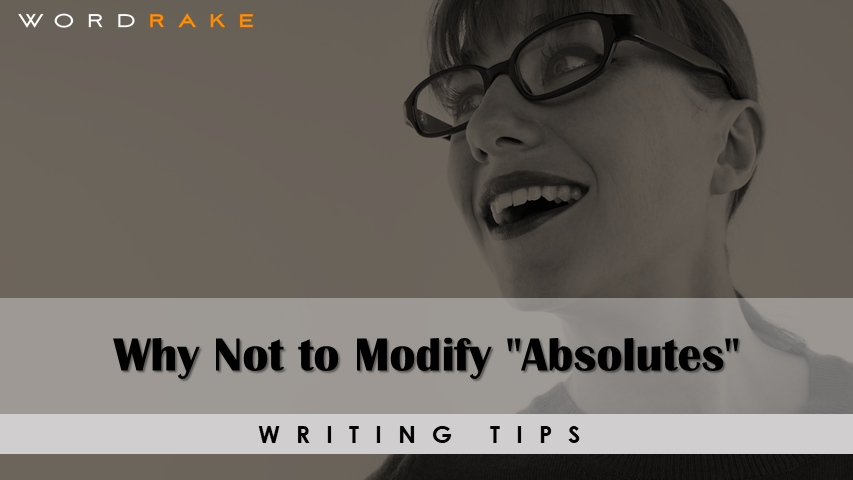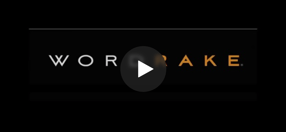The Question? “Should I use the Oxford comma?”
Controversy swirls around this question. First, the definition: The “Oxford comma,” sometimes called the “serial comma,” is the comma that appears just before the last “and” in a series.
If a company fails to address legal, accounting[,] and process issues properly, then the IPO might violate SEC regulations.
Continue reading












